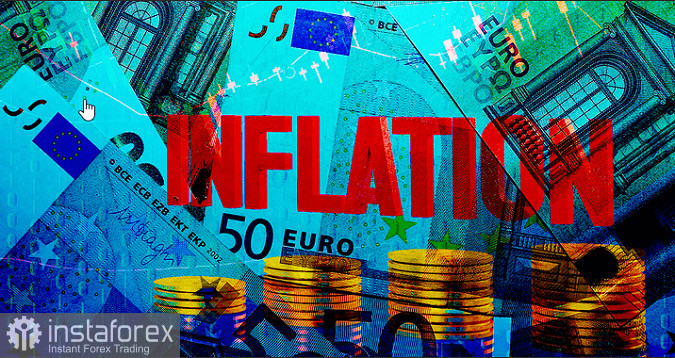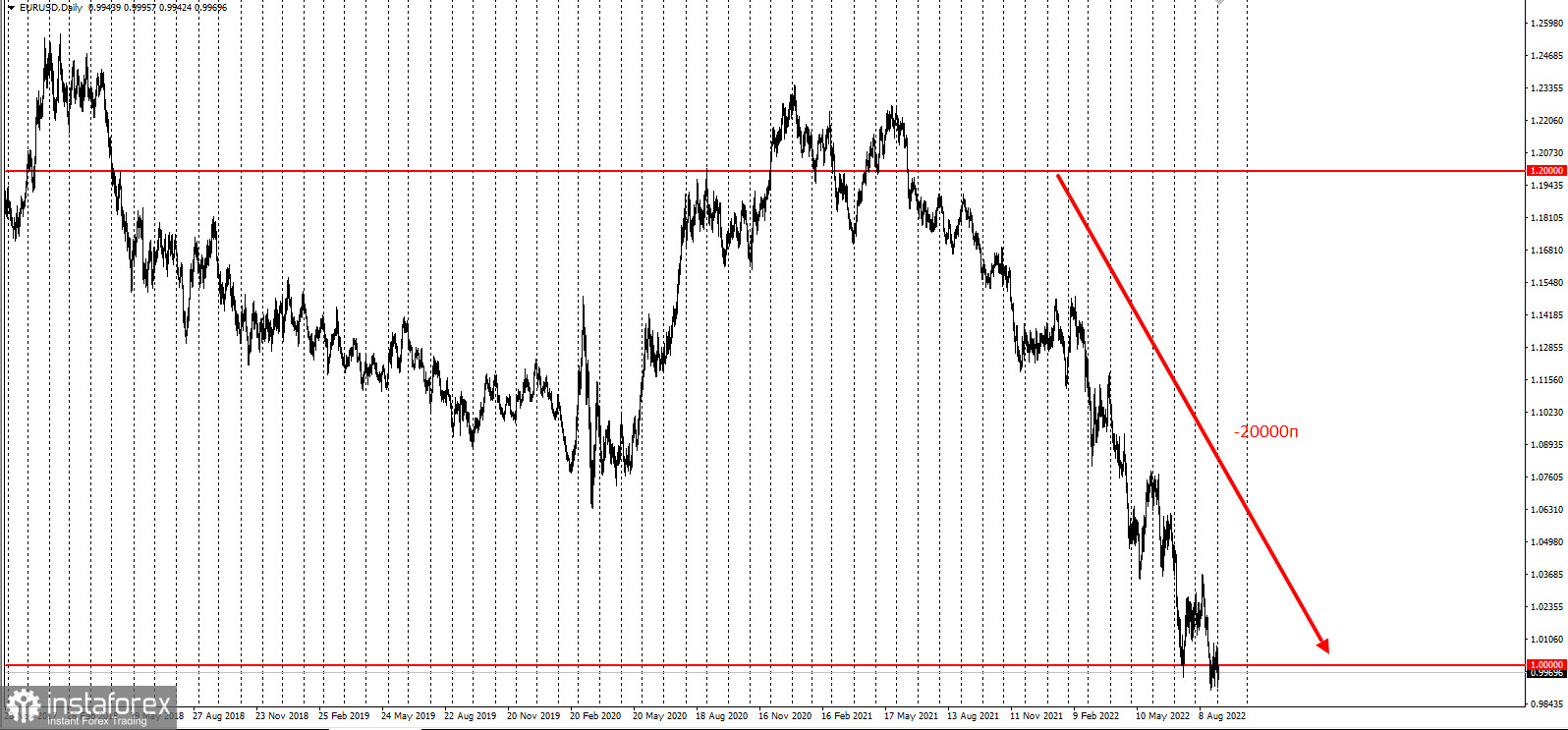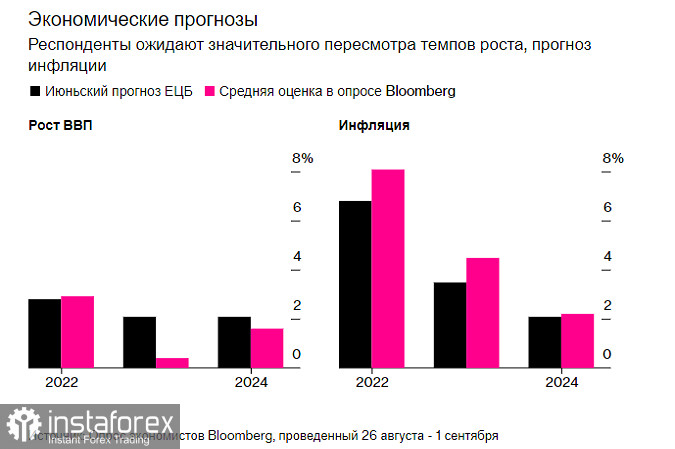
According to a survey of economists, the European Central Bank is still falling behind in solving the problem of record inflation in the eurozone, and it will have to act more decisively than previously thought to wrest control over prices
Despite an unexpectedly large increase in interest rates in July, more than two-thirds of respondents believe that officials have acted too slowly in the fight against inflation, which has just reached 9.1%. They are now forecasting a higher end point for the upswing cycle, reached faster and including a 75 basis point step on September 8th.
The results show that the ECB will shrug off the threat of a looming recession in the 19-member eurozone in order to prioritize the fight against rising prices. A three-quarter-point rise, now also seen in the money markets, will bring the ECB more closely in line with the Federal Reserve, which has already hiked rates of this magnitude twice.
EUR has lost more than 20% against USD in a year and continues to decline further:

"The ECB will continue to raise rates at an accelerated pace and send a hawkish signal," said Nerijus Maciulis, an economist at Swedbank. "It needs to rebuild its reputation and be able to claim victory once inflation starts to subside."
A faster rate hike could provide some support for the euro, which fell as the US central bank increased borrowing costs. This has made imports more expensive, especially dollar-based goods, exacerbating the cost-of-living crisis that is weighing on Europe's economy.
The vast majority of analysts surveyed predict that gross domestic product will contract for at least two quarters, although more than half do not see the recession lasting longer.

"The ECB will continue to pursue a hard line on inflation despite evidence of slower growth," said Claus Vistesen, economist at Pantheon Macroeconomics.
ECB President Christine Lagarde will update the forecasts next week, highlighting the political dilemma: while the growth forecast will be lowered, inflation forecasts will be revised upwards.
Price growth is expected to remain above the 2% target in 2024, a worrisome sign for officials who are keeping a close eye on inflation expectations. But the range of forecasts is wide, reflecting the difficulties in forecasting amid the uncertainty caused by the fighting in Ukraine.
In July, the ECB introduced a tool to deal with potential problems in bond markets as eurozone countries with large debt get used to rising borrowing costs. While some officials hope that its very existence will reassure investors, most respondents believe that the data protection tool will be activated at some point.
The ECB is also flexibly using the reinvestment of 1.7 trillion euros ($1.7 trillion) of bonds it bought during the pandemic to help countries in trouble. Half of the proceeds over the next three months are expected to be invested in Italian debt, with roughly a third split between Spain, Portugal and Greece.
Most respondents also expect the Board of Governors to discuss cutting its balance sheet by the end of March 2023, although estimates of when the ECB could start writing down its bonds worth about €5 trillion have varied widely. Most believe that it will not be able to decrease by more than 30%.





















